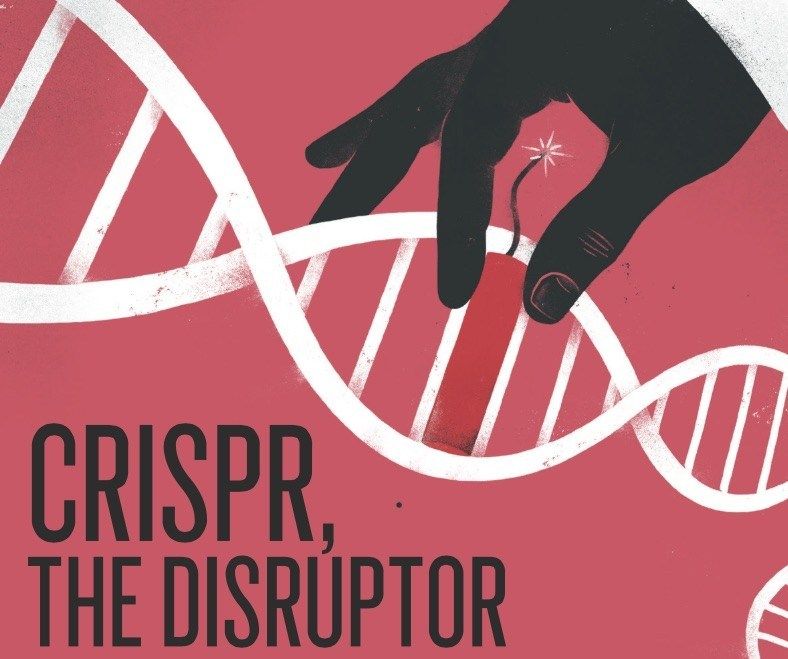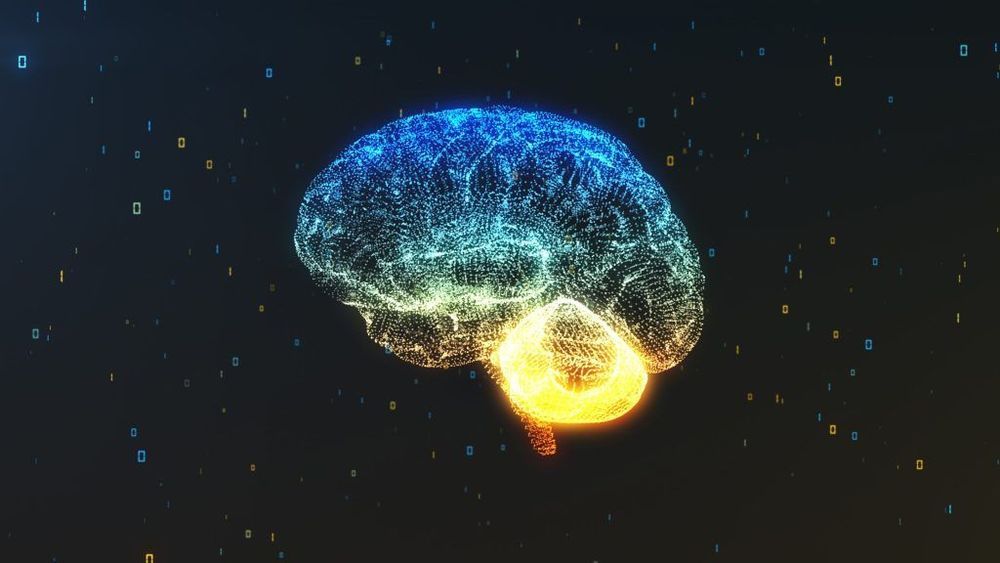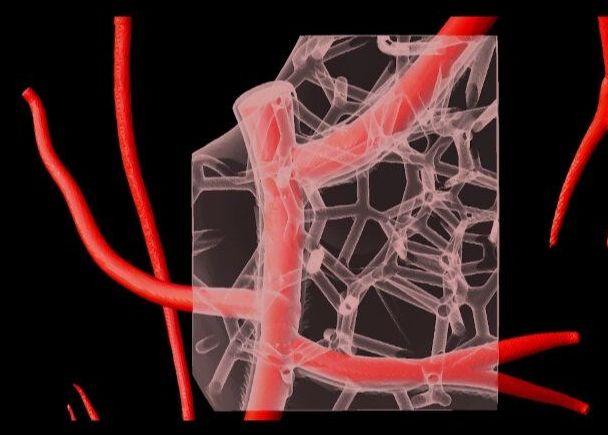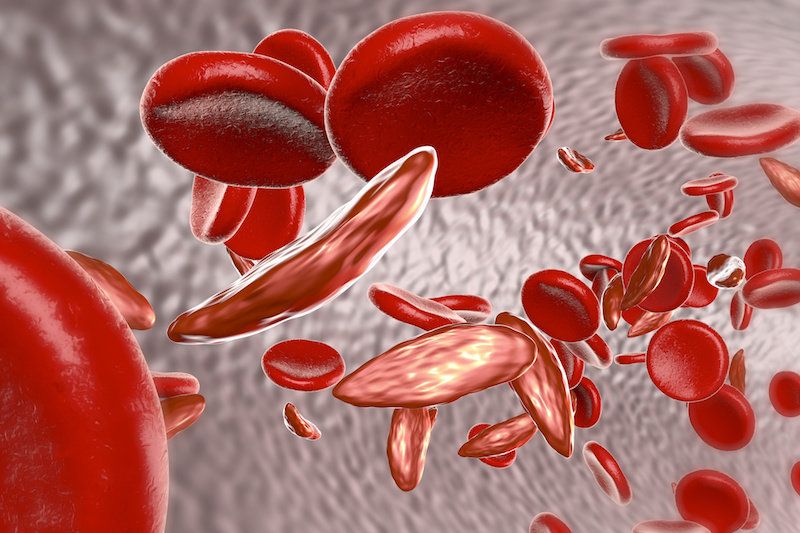A California “human biohacking” bill calls for warnings on do-it-yourself genetic-engineering kits.




Scientists agree that CRISPR holds great promise in giving researchers unprecedented power to snip out abnormal stretches of DNA, But there are still significant questions about how safe and effective CRISPR gene editing will be once it’s unleashed in the human body. CRISPR works well enough in the lab, in a dish of human cells, but as with any technology, there are glitches. Some studies have shown that the gene editing goes awry once in a while, splicing incorrect places in the genome. Then there is the bigger question of what longer term, unanticipated effects man-made edits to the human genome might have… (READ MORE)

Ira Pastor, ideaXme longevity and aging Ambassador and Founder of Bioquark interviews Bill Faloon, Director and Co-Founder, Life Extension Foundation and Founder of The Church Of Perpetual Life.
Ira Pastor Comments:
On the last several shows we have spent time on different hierarchical levels the biologic-architecture of the life, disease and aging process. We’ve spent some time talking about the genome, the microbiome, tissue engineering, systems biology, and dabbled a bit in the areas of quantum biology, organism hydro-dynamics, and even chronobiology.
As exciting and promising as all these research paths are, at the end of the day, in order for them to yield what many people are looking for, that is radically extended healthspans and lifespans, there needs to be an organized system of human translation build around them, integrating these various products, services and technologies, from supplements, to biologics, to functional foods, to cosmeceuticals, to various physio-therapeutic interventions, and so forth, as well as all the related supporting advocacy and education, as biologic aging is truly a multi-factorial, combinatorial process that is never going to be amenable to big pharma’s traditional “single magic bullet” philosophy that it promoted throughout the last century.
For today’s guest, I could think of no one better to talk with us about this topic and take us into the future on this front, than Bill Faloon, Director and Co-Founder, Life Extension Foundation (LEF), a consumer advocacy organization with over 100,000 members that funds research (investing million per year in researchers around the globe) and disseminates information to consumers about optimal health, and more recently in the area of actionable clinical interventions regarding human biologic age reversal, through a fascinating new project called the Age Reversal Network, defined as an open-source communications channel to exchange scientific information, foster strategic alliances, and support biomedical endeavors aimed at reversing degenerative aging.
Bill is also the Founder of The Church Of Perpetual Life, a nonprofit transhumanist organization aiming to combine discussion integrating spirituality, community, and aging scientific research in a single unified forum.
He’s a board member of the Coalition For Radical Life Extension, which is the organizer of annual RAADfest conference (Revolution Against Aging and Death) which is the world’s largest gathering of radical life extension enthusiasts.

The trial is just one of a few underway to test the powerful CRISPR technology around the world. One of the most promising, for example, is studying whether gene editing can treat, and effectively cure, blood disorders such as beta thalassemia and sickle cell anemia.
In beta thalassemia, the hemoglobin part of red blood cells, which is supposed to pick up oxygen from the lungs and distribute it to the cells in the rest of the body, doesn’t work properly. Patients need to be transfused with donors blood regularly, and even with these transfusions, complications can occur if the dose isn’t right and iron levels in the blood cells spike, which can lead to organ damage and even death. In sickle cell disease, a mutation in the gene that makes hemoglobin causes the red blood cells to collapse into a sickle shape, which makes it more difficult for the cells to flow smoothly through the body’s arteries and veins. Blockages caused by the misshapen blood cells can lead to severe pain and strokes.
The biotech company CRISPR Therapeutics, founded by one of the technology’s co-developers, has engineered a solution to treat both conditions that relies on genetic modifications connected to the production of fetal hemoglobin. Normally fetal hemoglobin, which provides the developing fetus with oxygen via the blood while in utero, is shut off about six months after birth, and genes for adult hemoglobin are turned on. While it’s not clear why adult hemoglobin replaces the fetal version, researchers say that they have not seen any significant differences between the two types when it comes to the ability to transport oxygen to the body’s cells. However, since the genes for adult hemoglobin don’t produce healthy red blood cells in people with beta thalassemia and sickle cell disease, one treatment strategy is to introduce genetic changes that turn on fetal hemoglobin again.

(repeat) Are you ready to defer all your personal decision-making to machines? Polls show that most Americans are uneasy about the unchecked growth of artificial intelligence. The possible misuse of genetic engineering also makes us anxious. We all have a stake in the responsible development of science and technology, but fortunately, science fiction films can help.
The movies Ex Machina and Jurassic Park suggest where A.I. and unfettered gene-tinkering could lead. But even less popular sci-fi movies can help us imagine unsettling scenarios regarding over-population, smart drugs, and human cloning.
And not all tales are grim. The 1951 film, The Man in the White Suit, weaves a humorous story of materials science run amok.

Lux Capital, a New York-based venture capital firm, has raised more than $1 billion across two new funds to back companies on “the cutting edge of science.” The firm raised $500 million for its sixth flagship early-stage fund and another $550 million for an opportunity fund focused on growth-stage investments. Limited partners include global foundations, university endowments, and tech billionaires.
Lux also announced a new hire: Deena Shakir, formerly of GV (Google Ventures), has joined as an investment partner.
To the regular person, Lux’s investments are considered moonshot. The firm has backed entrepreneurs that are working on everything from neurostimulation to nuclear energy to synthetic biology. During my last interview with co-founder and managing partner Josh Wolfe, I actually called one of his portfolio companies “freaking crazy.”

Over 4000 patients in the United States alone are waiting for a heart transplant, while millions of others worldwide need hearts but are ineligible for the waitlist. The need for replacement organs is immense, and new approaches are needed to engineer artificial organs that are capable of repairing, supplementing, or replacing long-term organ function.
A team of researchers from Carnegie Mellon University has published a paper in Science that details a new technique allowing anyone to 3D bioprint tissue scaffolds out of collagen, the major structural protein in the human body. This first-of-its-kind method brings the field of tissue engineering one step closer to being able to 3D print a full-sized, adult human heart.
The technique, known as Freeform Reversible Embedding of Suspended Hydrogels (FRESH), has allowed the researchers to overcome many challenges associated with existing 3D bioprinting methods, and to achieve unprecedented resolution and fidelity using soft and living materials.
Each of the organs in the human body, such as the heart, is built from specialized cells that are held together by a biological scaffold called the extracellular matrix (ECM). This network of ECM proteins provides the structure and biochemical signals that cells need to carry out their normal function. However, until now it has not been possible to rebuild this complex ECM architecture using traditional biofabrication methods.

In a paper published in the July 31 issue of Science Translational Medicine, researchers at Fred Hutchinson Cancer Research Center used CRISPR-Cas9 to edit long-lived blood stem cells to reverse the clinical symptoms observed with several blood disorders, including sickle cell disease and beta-thalassemia.
It’s the first time that scientists have specifically edited the genetic makeup of a specialized subset of adult blood stem cells that are the source of all cells in the blood and immune system.
The proof-of-principle study suggests that efficient modification of targeted stem cells could reduce the costs of gene-editing treatments for blood disorders and other diseases while decreasing the risks of unwanted effects that can occur with a less discriminating approach.